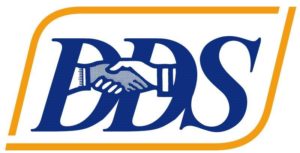The State Council on Developmental Disabilities (SCDD)
has announced Requests for Proposals!
One or more Program Development Grants in each Regional Office area
will be awarded up to $20,000 per area
| Interested parties, please go to www.scdd.ca.gov for information and instructions on the PDG Cycle 41 Request for Proposals and for more information on the SCDD State Plan Goals.
Proposals must relate to one or more SCDD State Plan Goals:
|
SAVE the DATE:
February 6, 2018 from 3:00 p.m. to 4:00 p.m.
The State Council on Developmental Disabilities will host and record a non-mandatory pre-bidders conference call to review the RFP and address questions.
Call in number: 1-800-839-9416 – Pin number: 861-0332


 STATEMENT FROM NORTH BAY REGIONAL CENTER ON THE WINE COUNTRY FIRES
STATEMENT FROM NORTH BAY REGIONAL CENTER ON THE WINE COUNTRY FIRES




